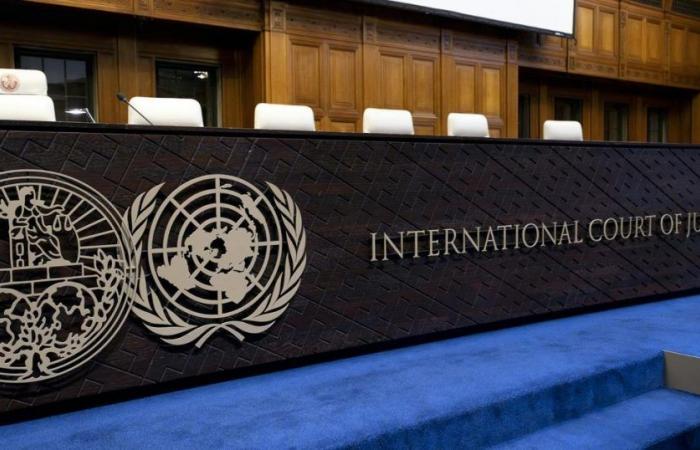Gabon and Equatorial Guinea began this Monday, September 30, to clash before the International Court of Justice (ICJ), which they are asking to resolve an old quarrel over the sovereignty of three small islands that they are disputing in waters potentially rich in oil. The two West African neighbors have been arguing since the early 1970s over Mbanié, an island of around thirty hectares, and two small islets, Cocotier and Conga, around ten kilometers from the coast.
Unlike most contentious cases brought before the ICJ in The Hague in the Netherlands, Gabon and Equatorial Guinea finally agreed, in 2016, to submit to the judges this question which poisons their relations, so that they can find a solution to amicably. The dispute dates back to 1900, when France and Spain, then colonial powers, signed a treaty in Paris establishing the borders between the two countries.
Gabon “occupies (the islands) illegally”, accuses Equatorial Guinea
Gabon maintains that a subsequent treaty signed in 1974, the Bata Convention, gives it sovereignty over the islands. But Equatorial Guinea disputes the validity of this document. Equatorial Guinea’s Deputy Minister of Mines and Hydrocarbons, Domingo Mba Esono, told the court that Gabonese officials suddenly brandished this treaty during a meeting between the two countries in 2003, taking Equatorial Guinea “completely by surprise”. “Moreover, the document presented was not an original but only an unauthenticated photocopy”declared the Equatorial Guinean vice minister. The delegation of Equatorial Guinea questioned the legitimacy of the document and insisted that Gabon present an original version.
“Since then, and it has been more than 20 years, Gabon has not presented anything”declared Domingo Mba Esono. According to him, Gabon invaded the islands in 1972 and “illegally occupied since”. Both countries have asked the ICJ to decide which legal texts are valid, not to say specifically which nation has sovereignty over these islands. “We are confident that the Court’s judgment will help our countries resolve their outstanding disputes over sovereignty and borders, thereby creating a lasting basis for their relations to flourish.”concluded the Equatorial Guinean Deputy Minister of Mines and Hydrocarbons. Gabon will respond on Wednesday.






